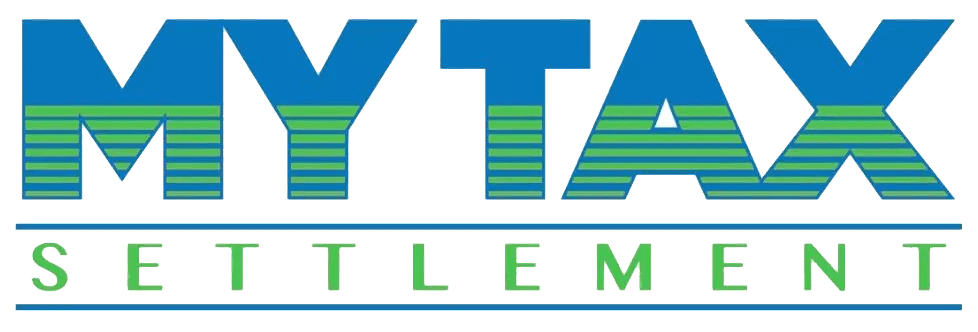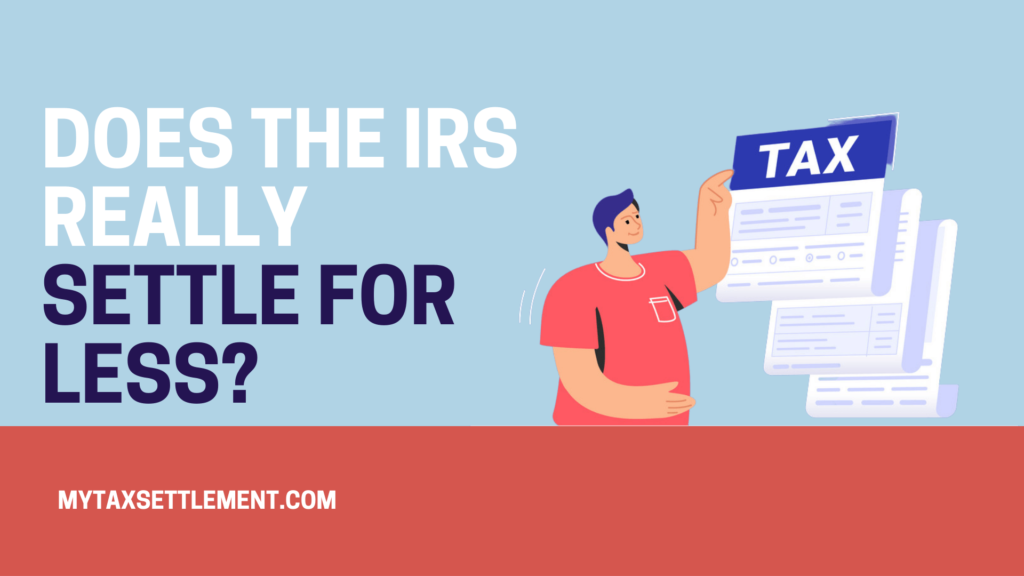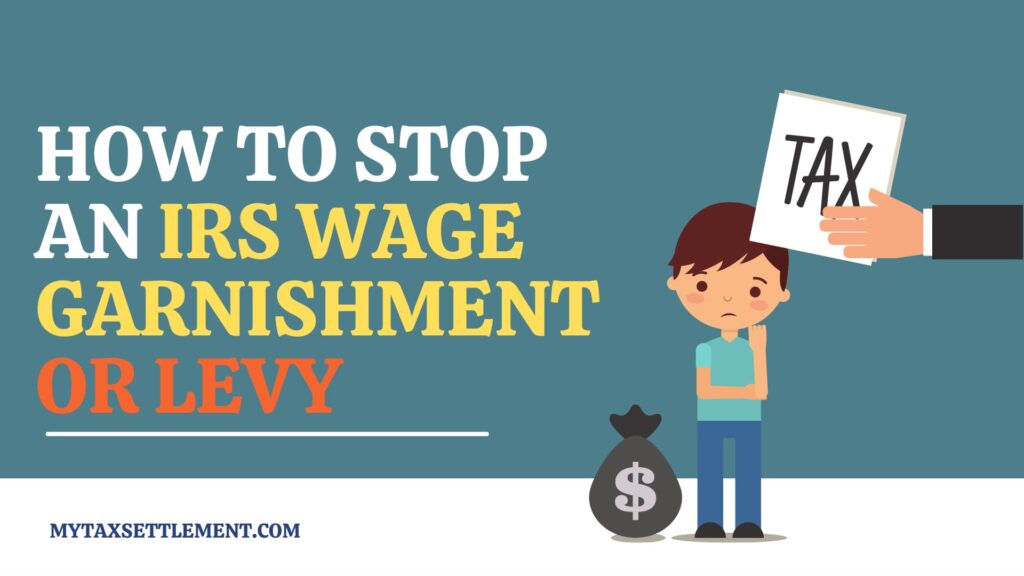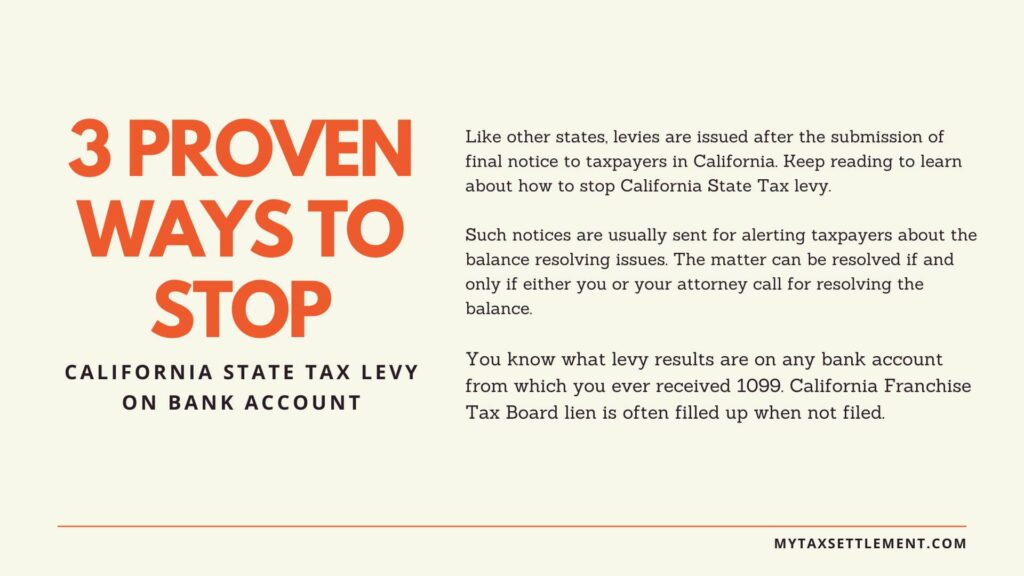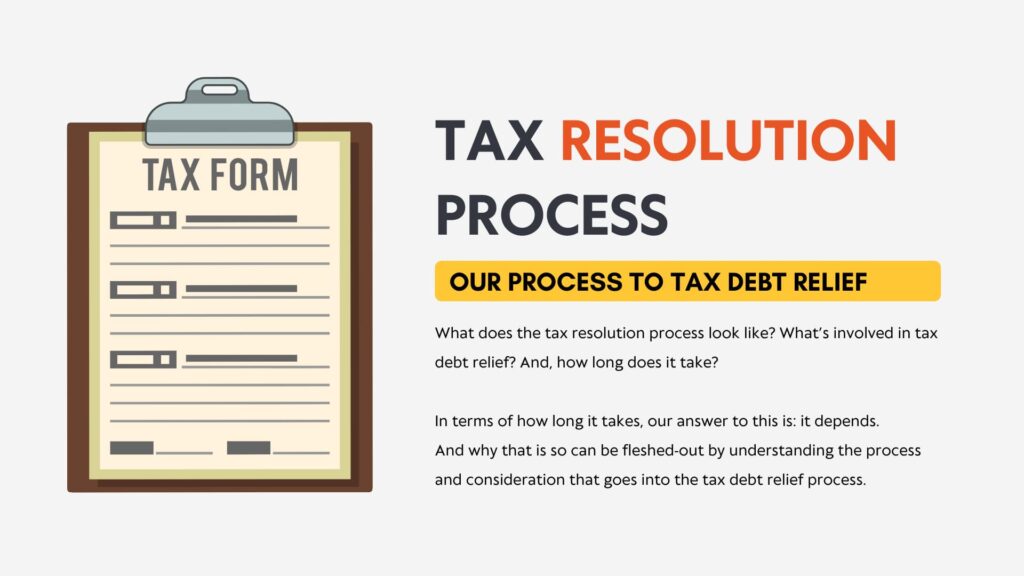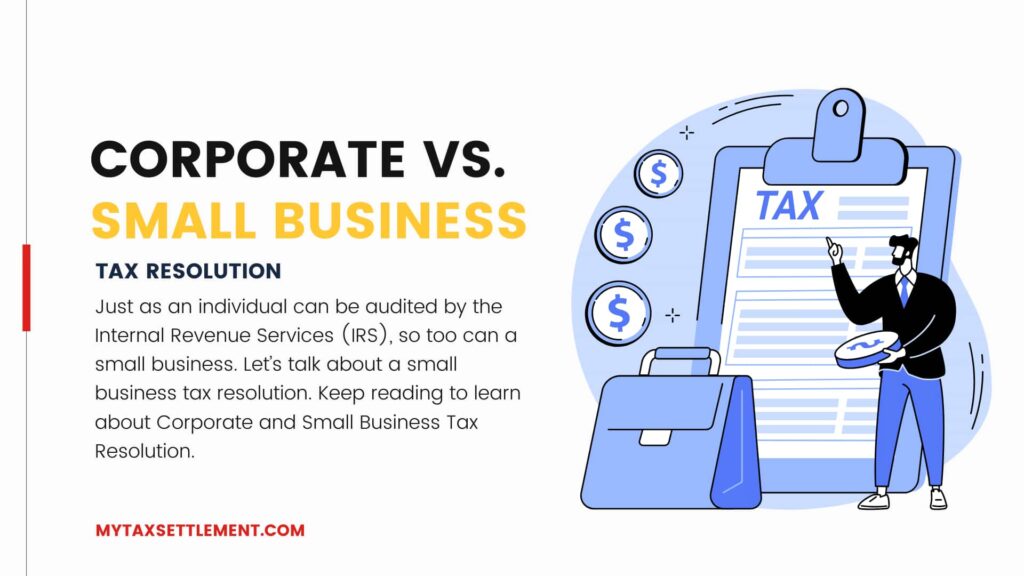IRS Wage Garnishment Help
Every income-making citizen has to make regular tax payments to the government corresponding to their earnings. If a person stops paying their taxes for some reason, the Internal Revenue System (IRS) is within their rights to take action against that person and try to get what they are owed to the State. One of those ways is through wage garnishment, a forceful seizure of part or all of your wages when you are paid by your employer. You can stop wage garnishment by hiring My tax settlement professionals.
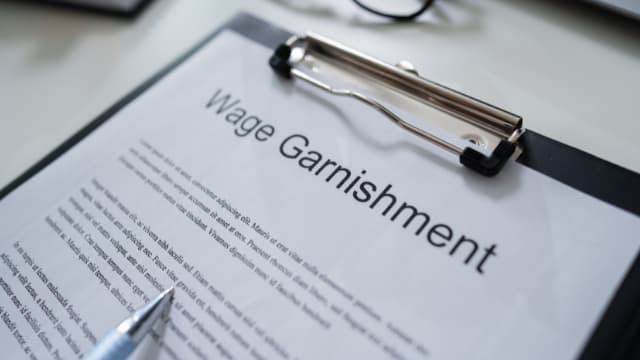
What is IRS Wage Garnishment?
When a person stops paying their taxes, the IRS would contact their employers for the payments that they are owed. The employer would be directed to keep a certain percentage of their employee’s salary and remit that to the IRS in place of the owed tax. This process is known as wage garnishment.
The employer would be forced to comply with the orders of the IRS. The wage garnishments will take place until the debt has been paid or the taxpayer has managed to come up with a deal with the IRS. The other way for the IRS to collect the owed tax is through bank garnishment, where the taxpayer’s bank is asked to pay on their behalf until the issue is resolved.
How to stop IRS Levy on Wages?
When you are notified by the IRS through an official document regarding the wage garnishment, there are several ways to stop IRS wage garnishment. The best way is to consult a professional and discuss the best course of action under the conditions.
Ways to Stop Wage Garnishment
Here are few of the best ways to stop wage garnishment:
Payoff the Owed Amount
The best course of action to pay what you owe to the IRS in a lump sum amount. That way, with just one payment, you would be back to getting full pay from the employer. It will make sure that no harm comes to your credit too.
Paying off what you owe to the IRS at once may be difficult for some. You may need to take a loan from a friend or a family member to pay off the owed debt to the IRS. Once you have managed to pay the debt, your wage garnishment would be revoked by the IRS.
Setup and Installment Plan
For those taxpayers who feel that paying the whole amount at once would be a difficult task, you may negotiate with the IRS to come up with an installment plan. The IRS offers various installment plans based on the taxpayer’s need. You may select the one most suitable for you and stay with it until the owed tax is paid fully.
With a payment plan, you would have the freedom to pay off the debt in a more comfortable manner, rather than having to pay all at once. Once you have managed to get the IRS to agree on an Installment Plan, your wage garnishment would be revoked, and your salary would return to its previous status.
Negotiate with the IRS
The IRS is quite sympathetic when it comes to dealing with deserving citizens. If your financial condition does not permit you to pay off the current amount you owe, then the next best solution is to negotiate with the IRS and try to come up with an Offer in Compromise.
The Offer in Compromise is a great way to reduce the burden of owed tax from your shoulders. In this way, you can stop wage garnishment.
In this plan, you would plead with the IRS that your current financial conditions do not in any way permit you to pay the full tax. So, the IRS must reduce the amount of owed tax. The Offer in Compromise may help you substantially get your owed taxes reduced. But to do so, you must have a strong legal team at your back. The legal team would help you present your case better and help you with documents making your story more believable.
Non-Collectible Status
For the taxpayers who are in extreme financial turmoil, this is the most beneficial way to deal with the tax troubles. In this plan, you will plead to the IRS that you do not have a source of income or any assets that allow you to pay off the tax, and your current status does not allow the wage to be garnished.
That would help you get the non-collectible status. The non-collectible status would make sure that the IRS does not charge any taxes from you at the moment and give you time to revolve your financial conditions. This would make sure that the garnishment on your wage is revoked. And for a period, the IRS would not ask you for the owed taxes.
Transcript Protest
Transcript is another way to stop wage garnishment. The IRS can sometimes make mistakes when it comes to estimating the earrings of the taxpayer, and they ask to pay the tax which you do not need to. In that case, the IRS must be notified of their mistake through the transcript protest.
The IRS must be contacted and all the income sources must be shared with them. This would help them rectify their mistake and remove any kind of wage garnishments wrongfully imposed on your salary. You can apply any of the method to stop wage garnishment.
Hire the professionals to stop Wage Garnishment from My Tax Settlement
Are you wondering about “Can you stop a garnishment once it starts?”. Yes absolutely, you can. There are various rules and regulations in place by the IRS that are meant to make sure that taxpayers regularly pay their taxes. BUT, various other laws are there to make sure that help is provided to those who need it.
Understanding these laws may be complicated for some. That is why it is recommended to hire legal help to stop wage garnishment. Our team of talented professionals will make sure that you stay as far from any tax-related issues as possible. besides that we will also help you with Stop student loan garnishment.
Our team is fully trained in working with the IRS agents especially to stop wage garnishment. We will help you prepare the forms, build your case and help you implement the best strategy that could help you get out of the situation unscathed. So, if you are facing any kinds of troubles with the IRS, feel free to contact one of our experts and be free from the worries.
[contact-form-7 id=”2410″ title=”Short Form”]
More Tax Settlement Options
IRS Installment Agreement
The Internal Revenue Service (IRS) enables taxpayers to satisfy tax obligations via an installment arrangement. Because interest and charges will apply, however, the IRS encourages taxpayers to pay taxes immediately. Interest and penalties can equal 8% to 10% per year. If paying the entire tax liability at one time is not possible, an installment agreement is an alternative permitted by the IRS. The IRS has four different kinds of installment agreements: guaranteed, streamlined, partial payment, and non-streamlined. There are 4 types of Installment agreements available through the IRS: guaranteed, partial, streamlined, and non-streamlined agreement plans.
Offer in Compromise
An Offer in Compromise (OIC) is acknowledgment of both the Internal Revenue Service (IRS) and the owing taxpayer that the amount owed cannot be feasibly paid. The “Offer” is the amount the taxpayer can viably pay, and it is “in Compromise” – meaning, not the entire amount. It is a great tool to help taxpayers ‘settle up’ with the IRS, setting the taxpayer free from unnecessary financial stress. Taxpayers who take advantage of this tool can end up paying about 20% of the amount they owed. It can be a saving grace for taxpayers who truly need it and can prove it.
IRS Tax Penalty Abatement
The IRS can impose a huge number of tax defaulters who are either not paying taxes or not paying on time. These penalties may also include monetary fines imposed on the taxpayer. Some of the main causes for these tax penalty abatement are Failure-to-File which is imposed if you file your taxes after the deadline and Failure-to-Pay which is imposed because of a late tax return after you have filed the taxes. These penalties can be abated by the IRS if you carefully present your case. For you to successfully get your penalties waived, you must present your case to the IRS in a good faith.
IRS Tax Audit Representation
Filing your tax returns is one of your most important duties as a responsible citizen. And, in the age of TurboTax and Tax Act, many have lost touch with how much effort and detail can be put into a tax filing – which is all the more true as you earn more. To truly document your earnings in a comprehensive way, in the way that the IRS tax audit experts you to, you inevitably have to present a complex picture. And, when doing that, there are ample opportunities to get something wrong – and miscalculations in one place can lead to miscalculations elsewhere.
Payroll Tax Debt Relief
The Internal Revenue System (IRS) is taken with the duty of ensuring that each citizen pays the tax they owe to the government regularly and without delay. It includes the payroll tax debt by the business owners. If a person does not pay one of the taxes, they are to be held accountable by the IRS and may be given a severe penalty if the condition demands. Payroll tax debt is quite common for business owners. Payroll deductions are the total amount of tax deducted from each salary of their employees and remitted to the IRS. The business owner must pay the amount regularly.
